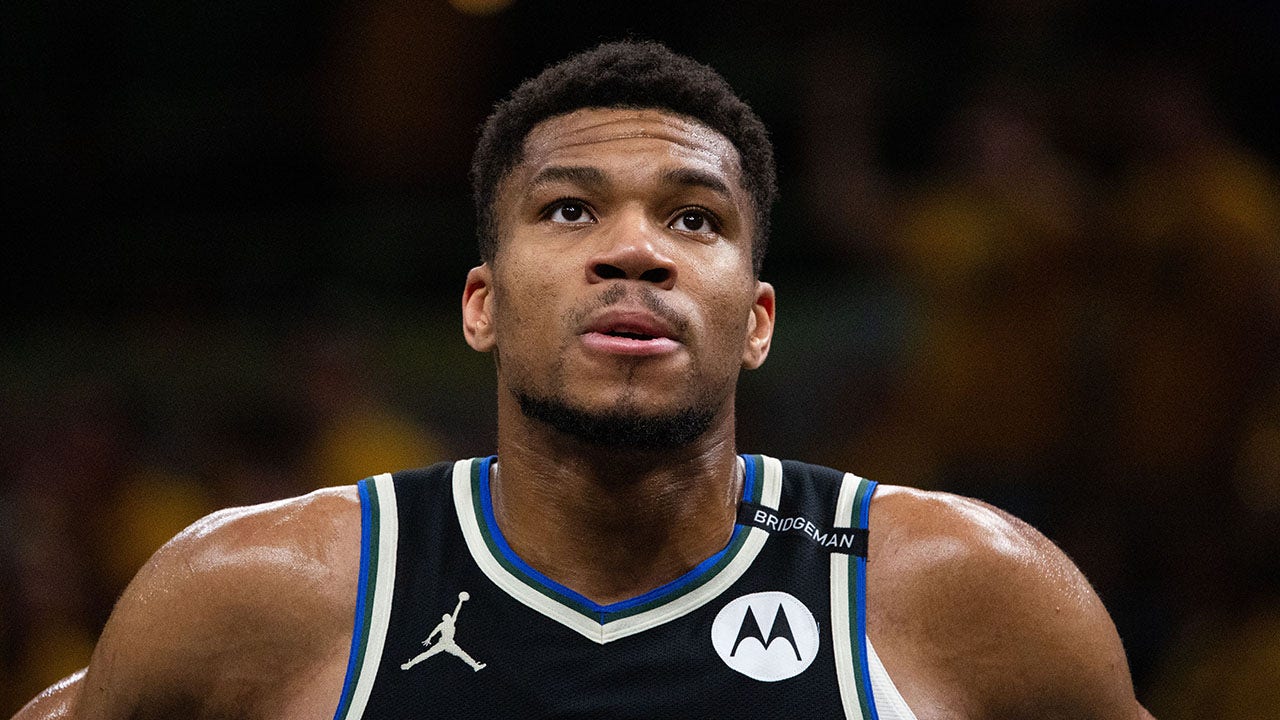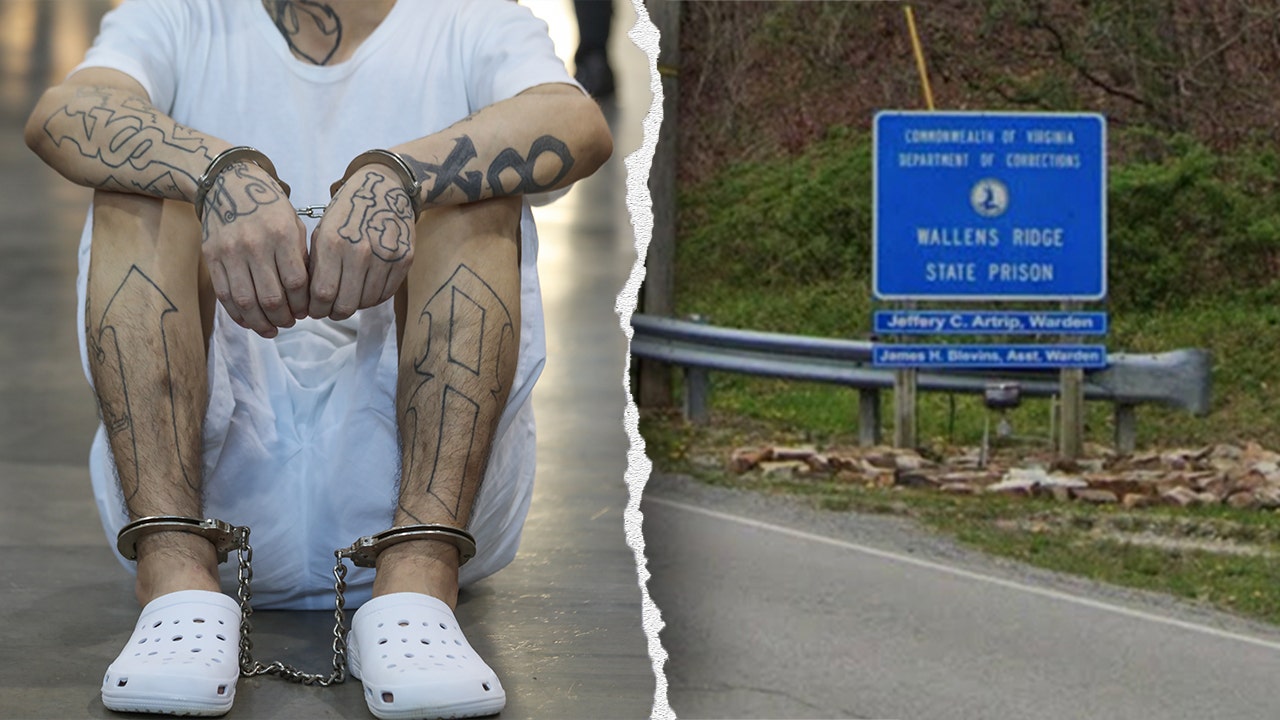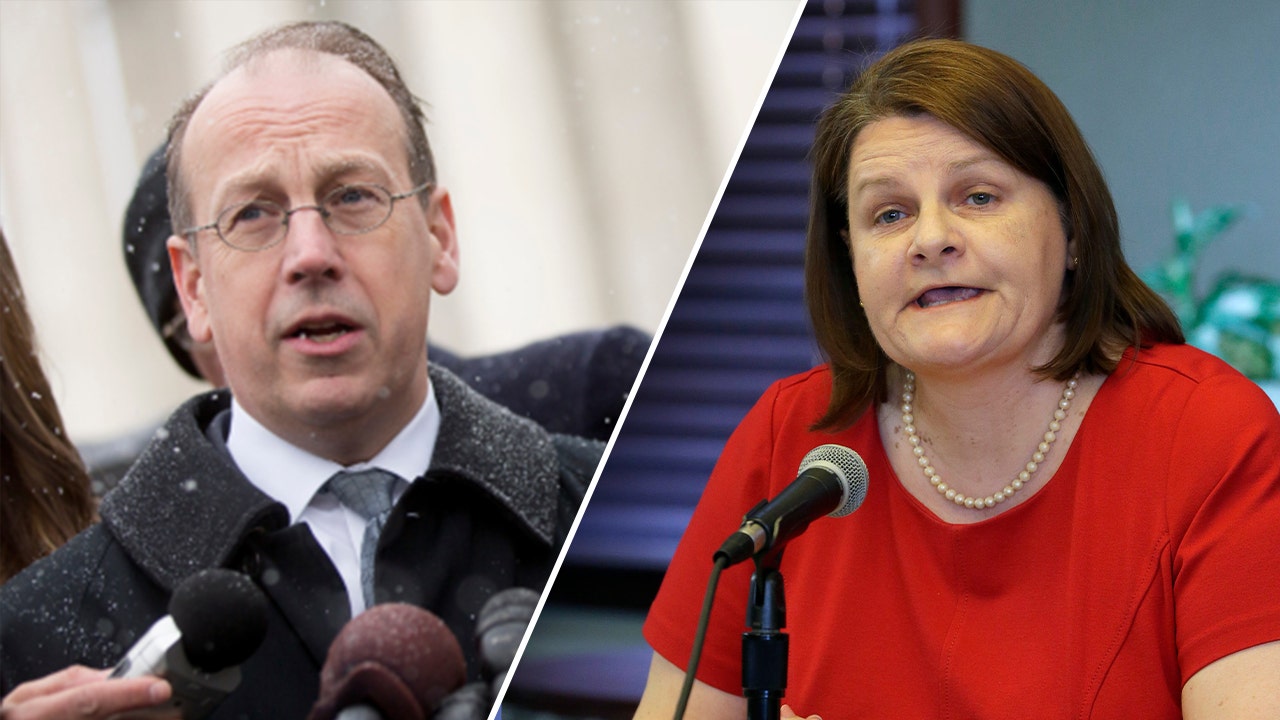MOSCOW — Chinese President Xi Jinping was welcomed by his Russian counterpart Vladimir Putin at the Kremlin on Thursday as part of a four-day state visit, as Moscow's all-out war in Ukraine, now in its fourth year, goes on.
At the meeting between the two leaders, Putin attributed Moscow's and Beijing's strategic cooperation to "the combat brotherhood" that the two countries built during World War II.
"We are developing our ties for the benefit of the peoples of both countries, and not against anyone. Our relationship is based on equality, mutual benefit and is not driven by short-term considerations," Putin said.
"The intention to build good neighbourly relations, strengthen friendship and expand cooperation is a choice of Russia and the People’s Republic of China based on strategic interaction," he added.
Although the Soviet Union and China were among the main allies fighting against the Axis forces, the two did not see significant action side by side in World War II.
Xi arrived in Moscow on Wednesday ahead of the Victory Day parade on Friday, where Putin said the Chinese president would be Russia's "main guest".
The two leaders are also expected to discuss trade, Russia's supply of oil and gas to China, as well as cooperation within BRICS — a bloc of so-called emerging economies — Putin's foreign policy adviser, Yuri Ushakov, confirmed.
Putin and Xi have met over 40 times and deepened their ties amid growing tensions with the West.
China has consistently offered diplomatic support to Moscow and condemned Western sanctions since Russia's full-scale invasion of Ukraine in early 2022.
Beijing has also been a primary source of machinery and electronics after Western sanctions curtailed high-tech supplies, and is a top market for Russian oil and gas.
In return, Moscow has consistently voiced support for Beijing on Taiwan-related issues, which China does not recognize as an independent country.
Additionally, two Chinese citizens fighting as part of the Russian army were captured in eastern Ukraine in April, raising fears Beijing might be involved in Moscow's war with boots on the ground.
The bilateral meeting comes at an awkward time, shortly after European Commission President Ursula von der Leyen and European Council President António Costa exchanged messages with Xi to celebrate the 50th anniversary of bilateral relations.
Both statements by the EU and China emphasised the willingness to deepen their ties and expressed a mutual interest in tackling global challenges together.
This cooperative stance between the two nations contrasts starkly with their more complex relationship in 2023, when von der Leyen called out "the more aggressive posture and unfair economic competition from China" and denounced Beijing for its relations with Moscow.
However, US President Donald Trump's return to the White House and introduction of global tariffs forced the EU to reconsider its relations. — Euronews
.png)
 German (DE)
German (DE)  English (US)
English (US)  Spanish (ES)
Spanish (ES)  French (FR)
French (FR)  Hindi (IN)
Hindi (IN)  Italian (IT)
Italian (IT)  Russian (RU)
Russian (RU)  5 hours ago
3
5 hours ago
3









Comments